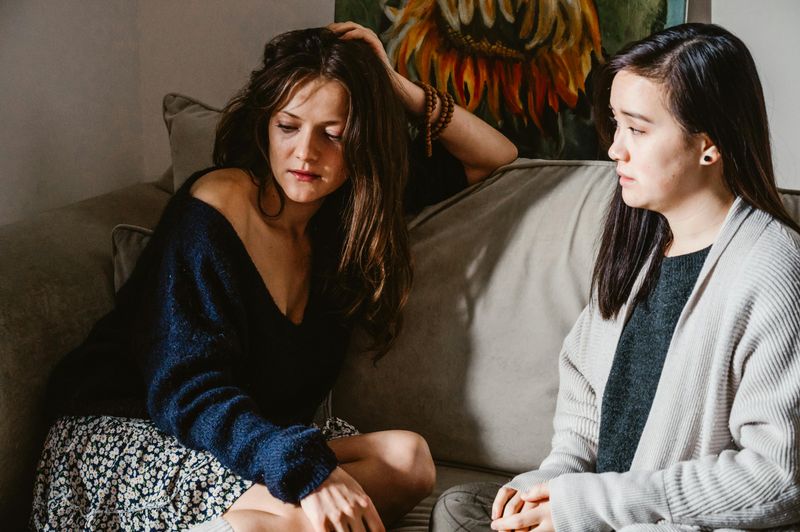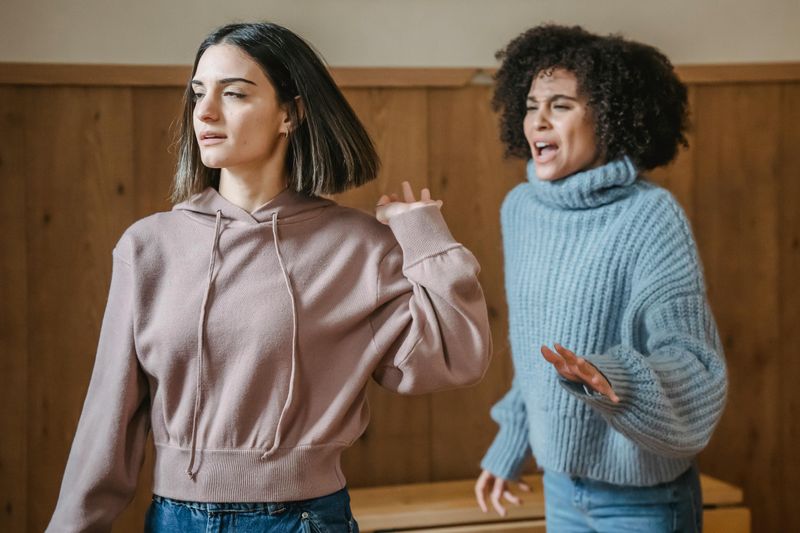When a Friend Becomes a Stranger: Coping with Friendship Drift

Friendships shape our lives in meaningful ways, but sometimes even the closest bonds gradually fade away. This natural but painful process, called friendship drift, happens when people who once shared everything slowly become strangers to each other. Understanding how to navigate this experience can help ease the confusion and heartache that comes when cherished connections unexpectedly change.
1. Recognizing When Friendship Drift Is Happening

The signs often appear subtly at first – unanswered texts that pile up, conversations that feel increasingly forced, or plans that repeatedly fall through. You might notice a growing gap in shared experiences or values that once aligned perfectly.
Many people mistake these changes for temporary rough patches. Pay attention to patterns rather than isolated incidents. If communication consistently feels one-sided or if seeing their social media posts makes you realize how separate your lives have become, drift may be occurring. Trust your instincts about the relationship’s energy. When catching up feels more like an obligation than a joy, it signals the natural evolution that happens as people grow in different directions.
2. Accepting That Not All Friendships Are Forever

It’s natural for friendships to shift as we move through different stages of life. Some people are only meant to walk with us for part of the journey, not all of it. The idea that every friendship must last forever sets us up for unnecessary guilt when they don’t.
Remember that a friendship that served its purpose beautifully isn’t diminished because it didn’t last forever. Each relationship teaches us something valuable about ourselves and others. Quality matters more than longevity. A friendship that supported you through an important time remains meaningful even after paths diverge. Honoring what was shared allows you to appreciate the relationship’s value without clinging to what no longer exists.
3. Processing Grief and Disappointment

Losing a friend without a clear ending can hurt more than a direct breakup. The ambiguity leaves you wondering what went wrong or if you should have done something differently. Allow yourself to feel sad, confused, or even angry about the shift.
Journaling about your feelings or talking with other friends can help process these emotions. Acknowledge that grieving a friendship is legitimate – you’re mourning both the person and the future moments you expected to share. Avoid the temptation to repeatedly reach out or force reconnection when clear patterns of distance have emerged. Respecting the natural conclusion preserves dignity for both parties and makes space for healing to begin.
4. Finding Closure Without Confrontation

Unlike romantic breakups, friendship endings rarely come with formal conversations. You might be left wondering if you should address the drift directly or simply let it be. For most situations, forcing a “friendship breakup talk” creates unnecessary awkwardness.
Instead, gradually adjust your expectations and investment. Match their energy level rather than continuing to pour into an emptying cup. Sometimes the kindest closure happens through quiet acceptance rather than dramatic declarations. If you do choose to communicate, frame it with gratitude: “I’ve valued our friendship and noticed we’ve been connecting less. I understand life gets busy, but I’m here if you’d like to catch up sometime.” This leaves the door respectfully open without pressure.
5. Creating Space for New Connections

As old friendships fade, energy becomes available for new relationships that better match who you are today. Actively pursue interests that bring you joy – classes, volunteer work, or hobby groups naturally attract people with similar values. Adult friendships require more intentional effort than those formed in school or college.
Schedule regular check-ins with promising new connections and be willing to initiate gatherings. Remember that vulnerability accelerates authentic bonding – sharing your real thoughts and experiences invites others to do the same. Keep your heart open despite past disappointments. Each friendship offers unique gifts, and the people entering your life now may understand parts of you that previous friends couldn’t appreciate.

Comments
Loading…